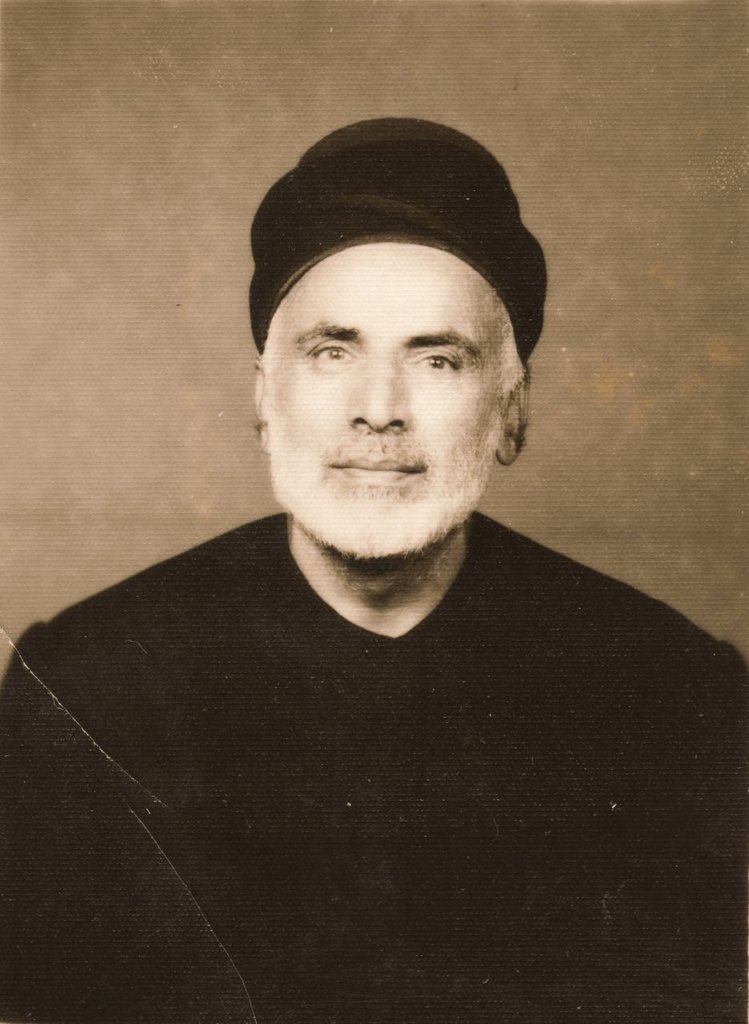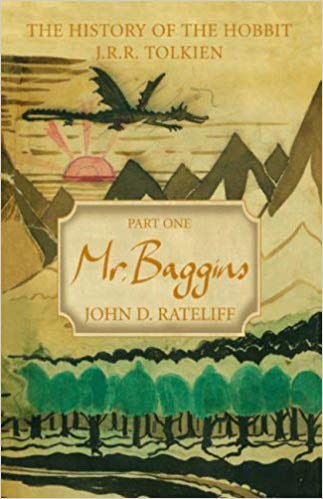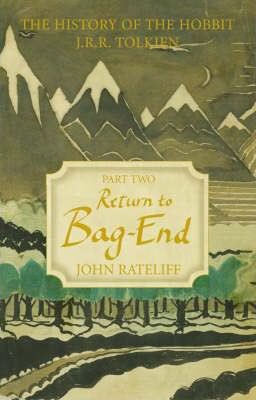They only differed in how much material they were exposed to, the skills they have had the opportunity to learn.
LOL you say. DUH.
Nope, let me show you what I mean. Compare the websites for these three different masters degrees:
mapss.uchicago.edu/areas-study/ec…
mapss.uchicago.edu/quantitative-m…
chicagobooth.edu/programs/full-…
*That* is what this thread is about, why I have all those earlier disclaimers about how it can/not be generalized from my perspective. This is for a PhD-prep, Economics MA degree. (Though parts may be applicable to Econ PhD program applications.)
It is Intense.
Other things I don’t see or consider: financial need, disabilities, gender, etc.
The 1st thing I check is whether you’ve submitted the requested writing sample and a SoP. No paper or SoP?
Reject.
I need to know that you can write. If you’ve just been taking math classes you may not know how to write (even as a native speaker).
I check these because we get app's from around the world. I need to have some “minimum” cutoff. If any of your GRE scores are below 65%, or your TOEFL scores are below 23 that’s a rejection as well.
I never look at or consider these scores again.
The program begins with the first year PhD sequence coursework. Multivariable calculus is mandatory. You must have at least one of Linear Algebra or Real Analysis (I’m willing to count a “writing-proofs” math course).
Fun fact not enough undegraduates appreciate: Not all schools use a 4.0 scale. Some use a 5.0. Some a 10.0. Or just report the percentage of the total course score. Or the rank in the course. Trying to use GPA to figure out quality suuuuuuuuucks.
A combination of A-/A is fine. Even a combo of A’s and B’s *can* be good enough: courses are difficult to compare across institutions/faculty.
I do reject straight-A applications with bad writing samples and statements.
Having it is helpful, and may tip the scale if I’m undecided. It is not enough to cause me to accept/reject your application. It will/should help with letters of recommendation.
You are applying for an MA program that demands a thesis paper in 1 year. The writing sample is also the only part of your application where *we* get to directly evaluate your training.
You need to provide an economics research paper.
You are not at the level. Those are not the papers we expect from you.
If you can write at this level, your paper is good enough.
*Note: I don't evaluate pure theory papers, so I can't speak to that.
Why? We need to see that you can apply your economics training in a non-textbook setting to succeed in this program.
In some schools, getting an A requires good test-taking. Being good at test-taking, and being able to do an economics PhD is not the same thing.
*Gets microphone* *taptaptap*
Faculty.
If you have a student that tells you they want to do a PhD, make sure they understand that this involves 5-7 years writing three 30-50 page papers of original work. And that's just for the PhD.
Thank You.
A null result paper is one in which you have a clear question, you run the regressions and you get…nothing. No statistically significant outcome. But…you need a paper!!
Is this a null a “good enough” result? YES. YOU HAVE A RESULT.
I have better econometric skills & data set knowledge than you. Chances are good that I will see it. And then I will reject your application b/c falsifying results is a dangerous impulse and an unacceptable practice.
Does the SoP state that your goal something different from a PhD? You’re out, this is not the program for you. Does it have to be a PhD in economics? Personally: I’m flexible on that given how many other fields economists dabble in.
Note to applicants: There are slight differences between a narrative, statement of purpose, research statement, etc. For this thread, I'm using SoP because it has a short, easy abbreviation and Twitter.
I always hated when people would say fuzzy sentences like that. What am I looking for?
*Not always true, but always true for SoP stories.
It then links that question to the PhD program(s) you are interested in applying to (maybe after being an RA for a year or two).
Seriously, if you have a perfectly formulated research question AND know which data set/model you are going to use to answer it AND have an idea of which faculty member you want to work with I will be *so very impressed*.
As with everything else in this thread: the caveat is that this works for me, in this program.
How can you improve this SoP?
What aspects of the Belt Road Initiative are relevant to your interest? What economic part of the Belt-Road Initiative do you want to study? Just dumping the history on me is not a research statement.
What if your research idea changes entirely by the time you arrived? It almost always does. The point is to show me that you have the skill set to develop your own new idea.
These are usually outside of your control, except by selection. Most letter writers have only known the person for one or two classes & have only limited informative value.
If your letter says that they told you they could not write a good letter and you asked them to write one anyway…
If a former employer writes a letter that says “we can’t wait until he returns with the degree to be our the new VP!” …
Reading their letter I need to understand: What decisions did you get to make? What insights are you responsible for? What represents your writing skill?
The most helpful letters say what the student has done, and how well they did it. How do they compare to other students? How do you think they’ll do in the MA program? What do you think they'll do?
Applicants: Have these discussions with your writers!
If you do not have the courage to tell a student that you cannot write a good letter, you are not comfortable w/your ability to access people’s skills. So, I’m definitely not trusting your evaluation.
OK: That was a long thread, and you survived it. Hopefully it was helpful.
Key things: don't freak out (too much) about grades, write a paper, think about the SoP. Talk to your letter writers. Oh! And this reflected my thoughts, and my opinions only.















